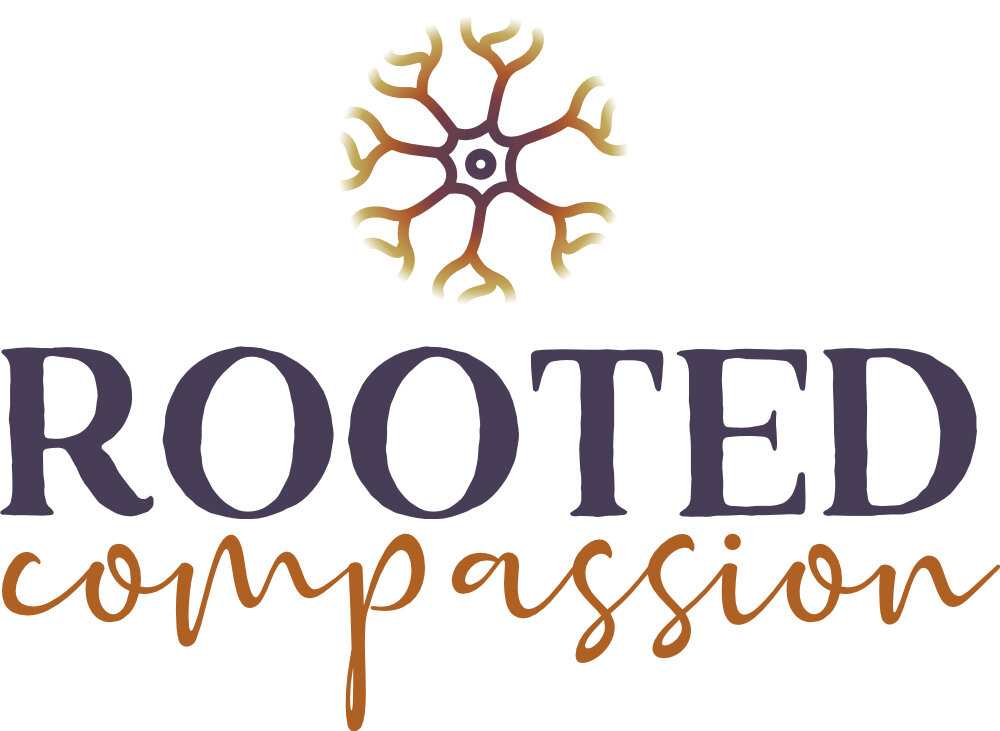Creative Expression in Counseling
Creativity—understandably so—can be described in a variety of ways. One definition from writer and blogger, Maria Popova, states, “Creativity is a combinatorial force: it’s our ability to tap into our ‘inner’ pool of resources – knowledge, insight, information, inspiration and all the fragments populating our minds – that we’ve accumulated over the years just by being present and alive and awake to the world and to combine them in extraordinary new ways.” What does tapping into your inner pool of resources look like?
How are you present, alive, and awake to the world?
I believe all people are creative beings. Innovation and resourcefulness are both keys to our evolution as a species. There is a reason Art History 101 courses start by teaching the creation of tools and language—these foundational elements of humanity were the first formations of art. While our creative instincts may have spawned from necessity, our primitive ancestors were drawing images with charcoal on cave walls 40,000 years ago that may also have been “linked to rituals to attract good hunting, fertility, ward off danger, or simply give symbolic language to ideas, feelings or everyday life,” (Lobo, 2020). From Apelles to Banksy, we have always been problem-solvers, meaning-makers, and purpose-seekers.
When I began teaching, the students in my class attended an off-site art program every Monday at Cincinnati Arts and Technology Studios (CATS) in Longworth Hall. I watched while they each found their desired medium - drawing, sculpting, digital painting, etc. This weekly part of our school routine was a dependable outlet for them to express themselves. And teenagers navigating the ebbs and flows of life (and hormones) need as many outlets as possible! My co-teachers and I would often join them in their creations. It was equally therapeutic for us.
“Art as a therapy ‘is an integrative approach utilizing cognitive, motor, and sensory experiences” (Tibbetts & Stone, 1990, p. 139).
“Expressing one’s thoughts through art is one way to externalize a distressing event and to prepare for healing and recovery (p. 35)… By using the visual arts in counseling, a visible trail is created,” (Gladding, 2011).
After beginning and ending my personal counseling journey a few times, I found a therapist I finally clicked with in 2021 who also happens to be an Art Psychotherapist. I was not necessarily seeking out this modality and some of my perfectionist fears arose once I began the process. “Well, what should I draw?” I initially complained about my images not looking the way I imagined them in my head. Shortly thereafter, she facilitated an activity with me where I had to close my eyes when I drew. My intrusive thought bubble burst open with the sudden lack of control. It was uncomfortable, challenging, and fun. When I opened my eyes, I actually liked what I saw on the page for the first time. It felt real, authentic, genuine.
Creation is about opportunity.
Where can we find the time, tools, and resources that allow us the gift of creation? How can we give ourselves the permission to be a creative being? Art, like everything, is a practice.
I invite you to express yourself in a creative way today. If just for a few minutes. Draw, write, make music, dance, play. Try not to judge it. Maybe close your eyes at some point during the process…
What comes up for you? How does it feel?
Below is my drawing from that early art therapy activity, which is now hanging up in my home.
References:
Linda Naiman (2023, March 28). What is creativity? And why is it crucial for success?
Creativity at Work. https://www.creativityatwork.com/what-is-creativity/
Lobo. (2020, July 13). The history of painting. The evolution of art. Lobo Pop Art.
https://lobopopart.com.br/en/the-history-of-painting/
Gladding, S. T. (2011). The Creative Arts in Counseling (4th ed.). American Counseling Association.
Photo Credit: Jen Kroell
Jennifer (Jen) Kroell (she/her/hers) is currently a graduate student at Xavier University studying Clinical Mental Health Counseling and is thrilled to be starting her practicum experience at Rooted Compassion. Jen’s professional background is in Special Education, having spent seven years working as an Intervention Specialist and Youth Transition Coordinator in several local public schools. She specializes in working with teenagers but has experience with a variety of young people and their families, all ranging in age, background, interests, needs, and ability levels. Jen’s Education background is what led to her career pivot toward Counseling, as access to mental healthcare is one of the most universal barriers she has witnessed both students and families face.
The Rooted Compassion team is made up of a group of counselors who have a variety of specialties in order to best serve our clients. We recognize that every person has his/her own personal and unique life experiences and that one modality will not work for every client. Listed below is a summary of our counselors’ specialties at Rooted Compassion:
Emotional Freedom Techniques
Grief Counseling
Somatic Focused Counseling
EMDR
Cognitive Behavioral Therapy
Dialectical Behavior Therapy
Mindfulness-Based Practices
Trauma Responsive Care Techniques
Acceptance and Commitment Therapy
Drama Therapy/Expressive Arts
If you are interested in learning more about what Rooted Compassion is all about, please contact us today, look through our website, or find us on Instagram and Facebook.
Rooted Compassion Counseling is Ohio’s leading practice for trauma therapy through the lens of the nervous system. Our focus is to walk alongside clients as they heal from depression, anxiety, trauma, grief and/or loss. If you or someone you know are seeking to explore and build an inner sense of calm and safety, please contact us today. We would love to help you to find a counselor and counseling techniques that will guide you on your mental health journey to healing.



